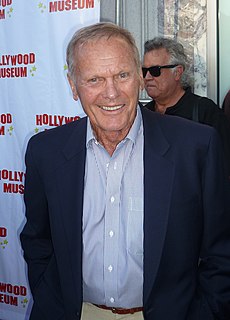A Quote by Simon Pegg
A movie is a creative process from its conception, through its writing, to its execution, to the editing. I think with the best films there is some kind of contribution from one person all the way through that. The best films are made by people who write, direct, and edit, so there's continuity.
Related Quotes
Performance is made in the editing room, and I've come to see the truth in that - the idea that they say performances are usually made in the editing room because what you film is the raw material. I think just going through the process of saying, "Which take do we use? Why is that the take we want? I want that take can you edit again, I'm not sure that's the one, I think it's this one." And just because you go through that process, I think somehow it's made me sort of more open about the [actor's] possibilities.
Well, Toronto, I consider to be the birthplace of my films. I've made three films and this is the third one to premiere here in the same theater on the same day at the same time - they are my audience. They're the people that I think about while I'm writing, directing, and editing. I specifically make movies for them.
Separate out the creative act from the act of editing and execution. Make it a two-step process. First, let ideas flow and encourage EVERY idea to make it to the whiteboard. Don't criticize, judge, edit, budget, or worry. An idea on the wall can't hurt anyone, so let them rip without restriction. After any and all ideas have the opportunity to "come out to play", only then should you apply your analytical and logical side to the effort. Don't mix the creative process with the editing process or you'll kill your ideas before they even get a fighting chance.
Nowadays, a critic has to watch 700, 800 films a year, and I know through experience, being a juror in prestigious film festivals where supposedly the best films are arriving, from twenty films maybe you see two that are good, one that is so-so, and one that is extraordinary. And the other sixteen are terrible.
Once in a while a good opportunity would come along, like the first 'Playhouse 90 ever to air - working in television afforded me my best opportunities. The (film) industry was going through such turmoil at the time - studios didn't know where to go anymore, they were falling apart, television was there. They didn't know what kind of films people wanted. The European films were making a huge impact because those films wanted real people in real situations.
What most of us must be involved in--whether we teach or write, make films, write films, direct films, play music, act, whatever we do--has to not only make people feel good and inspired and at one with other people around them, but also has to educate a new generation to do this very modest thing: change the world.
The problem is if you play enough of parts in films that are sort of more financial products than anything or films in which the girl is a thankless, thoughtless, underwritten character along the way, you're no longer the person who had something fresh or vital to offer. I think it really does start to diminish some part of you, to put yourself through things you don't really want to be doing.


































